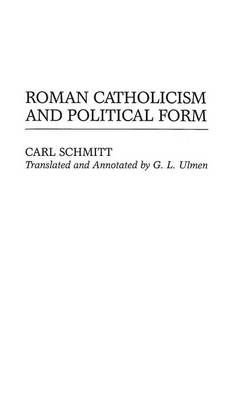
1. Via the work of Bloch, Bauman & Mannheim, and as vividly depicted in Jacob Taubes’ work on “occidental eschatology”, the concept of utopia went through a seismic conceptual re-appropriation in the 20th century. 

2. That is to say, the concept of “utopia” became positively re-deployed as a framework for literary & artistic production, and as a tool to relate social theory to social praxis.
3. A good example is “Utopia: The Search for the Ideal Society in the Western World” catalogue of 2001, & Ruth Levinas’ sociological work on “Utopia as Method”. 

4. Those working in this new tradition have no interest in utopia understood as the fortuitous or imagined recovery of a lost earthly paradise or golden age, nor as a future, apocalyptic unveiling and donation of some such space by means of the providence of God.
5. Rather, their utopia is a goal to-be-worked-towards, one that can inspire progressive action in the present: utopia as a progressive composition of the common world.
6. This understanding of "the progressive composition of the common world" is right up Bruno Latour's street, of course. In fact, it could be argued it’s his very definition of "politics" and “the political”.
7. For Latour, the concept of utopia does not facilitate a social imaginary in which a different configuration of human existence to the one currently being lived might be thought and through which progressive action to achieve it might be unleashed.
8. On the contrary, for Latour that sort of utopia serves to neutralize all thought of an alternative future, thereby de-animating the associative political forces that would be required to bring it about. For Latour, utopia = "no politics".
9. Quote from Latour: "For me, the whole history of the Moderns offers up a most radical utopia in the etymological sense: the Moderns have no place, no topos, no locus to sit and stay".
10. Latour thus has to be located in this Taubes-inspired political-theological tradition that deploys utopia as a tool for agency composition in the present. Here, the future infuses the present & provides it with a political dynamism that nothing else can match.
11. See a little article of mine here: "No Place like Home: Rethinking the Politics of Utopia" | On political agency and the environmental crisis
bit.ly/2qn7eRU
bit.ly/2qn7eRU
• • •
Missing some Tweet in this thread? You can try to
force a refresh











